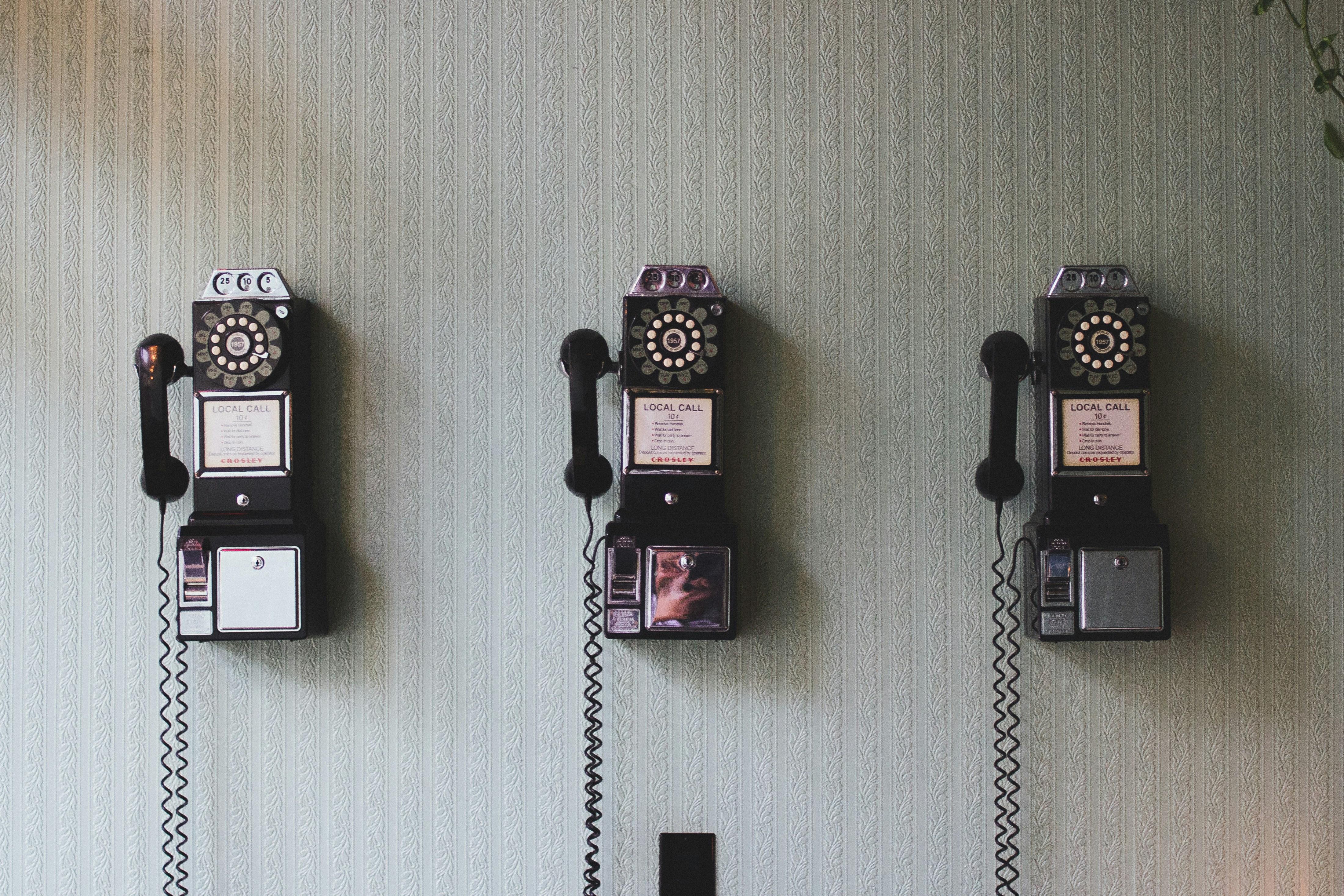In the intricate dance of human connection, relationships often begin with a spark—an exhilarating blend of excitement and promise. Yet, beneath this shimmering surface, subtle signals may hint at underlying discord. Recognizing these red flags early can be the key to steering clear of future heartache. This guide delves into the art of identifying these warning signs, empowering you to navigate the complexities of love with clarity and confidence. Whether you’re embarking on a new romance or reassessing a long-term partnership, understanding these indicators can safeguard your heart and pave the way for healthier, more fulfilling connections.
Spotting the Subtle Signs of Trouble
In the early stages of a relationship, it can be easy to overlook the subtle hints that something might be amiss. Recognizing these early signs can save you from future heartache. Pay attention to behaviors that seem off, even if they’re minor. For instance, do they consistently interrupt or dismiss your opinions? This might be a sign of underlying disrespect. Observe their interactions with others as well; how someone treats those around them can reveal a lot about their character.
- Frequent Criticism: Are they often critical of your choices or appearance?
- Inconsistent Communication: Do they vanish for days and then reappear without explanation?
- Reluctance to Compromise: Are they unwilling to meet halfway in disagreements?
- Mood Swings: Do their emotions shift dramatically without warning?
Spotting these red flags requires mindfulness and honesty with yourself. Trust your instincts and remember, a healthy relationship should foster growth, not doubt.

Understanding Emotional Manipulation
Emotional manipulation can be subtle, making it challenging to recognize in the early stages of a relationship. However, understanding its signs can help you safeguard your emotional well-being. Manipulators often use tactics that may seem caring but are designed to undermine your confidence and control your decisions.
- Gaslighting: This involves making you doubt your reality or perceptions, often leaving you feeling confused or questioning your sanity.
- Guilt-Tripping: They might use guilt as a tool to make you feel responsible for their emotions or actions, steering you into doing what they want.
- Isolation: By subtly distancing you from friends and family, they gain more influence over your life and decisions.
Recognizing these patterns early on empowers you to set boundaries and maintain healthy relationships. Trust your instincts and seek support if you feel manipulated, ensuring your emotional health remains a priority.

Navigating Communication Breakdowns
Communication breakdowns can often be subtle, creeping into relationships without notice. Recognizing the signs early is crucial to maintaining a healthy connection. One of the key indicators is a persistent feeling of not being heard or understood. If conversations frequently end in frustration or are met with dismissive responses, it may signal deeper issues. Another red flag is the tendency to avoid discussing important topics. When difficult conversations are continually postponed or ignored, it can lead to unresolved tensions.
- Active Listening: Make a conscious effort to truly hear your partner’s concerns.
- Open-Ended Questions: Encourage dialogue by asking questions that require more than a yes or no answer.
- Clarify and Reflect: Summarize what you’ve heard to ensure understanding and show empathy.
- Non-Verbal Cues: Pay attention to body language, as it often communicates more than words.

Building Trust and Setting Boundaries
In any relationship, establishing a foundation of trust while maintaining clear boundaries is crucial. Trust is built through consistency and transparency. Be attentive to whether your partner follows through on promises and communicates openly. Honesty is key; any repeated patterns of deceit, no matter how small, can be a red flag. Observe if they respect your need for personal space and time, as this indicates a healthy respect for your individuality.
- Communicate clearly about your boundaries and ensure they are acknowledged.
- Evaluate actions over words to ensure promises align with behavior.
- Prioritize mutual respect to foster a balanced relationship dynamic.
Setting boundaries is not about creating distance but about defining what you need to feel safe and respected. It’s essential to express these boundaries early on and notice how your partner reacts. A supportive partner will understand and honor these limits, whereas dismissive or challenging responses can indicate potential issues. Remember, a healthy relationship thrives on both partners feeling secure and valued.




